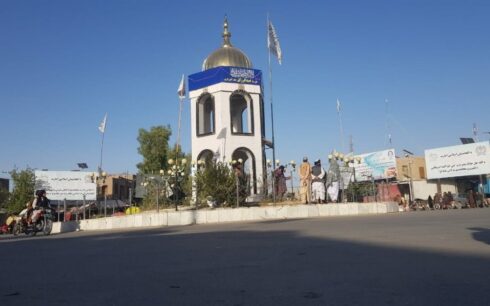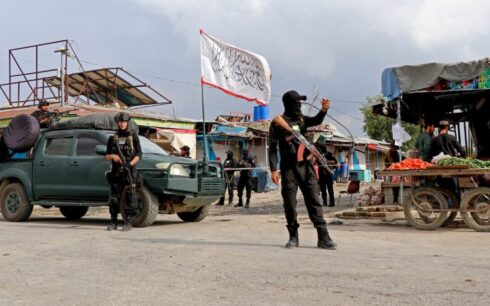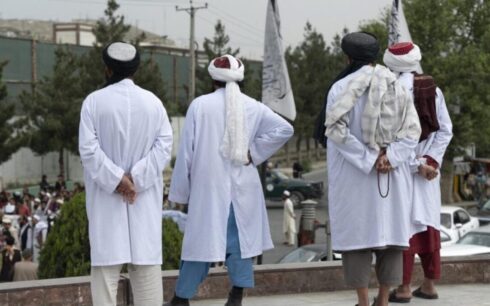The Afghanistan Journalists in Exile in a statement on Sunday said that the Taliban have detained at least 300 journalists and media workers during their three years of rule in the country, describing the detainees as having endured “profound and indescribable violence” while in custody.
The media watchdog said that only 200 of those detained were willing to have their names made public.
The statement also reported that 17 journalists and media workers had been killed or had died under mysterious circumstances, both inside and outside Afghanistan, during the same period. Additionally, 28 others were reported injured in various incidents.
Media under Taliban rule
The statement highlighted the sharp decline in the number of active media outlets in Afghanistan since the Taliban regained power. Of the 536 media outlets operating prior to their takeover, 250 have shut down, while about 50 new outlets have been launched under the Taliban’s oversight.
According to the exiled journalists, the Taliban have issued 12 decrees and directives during their rule, all of which impose severe restrictions on media operations. Among these is the so-called “Command of Good and Prohibition of Evil” law, which they argue has effectively dismantled independent journalism and “driven the final nail into the coffin of free expression.”
The plight of female journalists has worsened significantly under the Taliban, the statement said. Of the approximately 2,000 women who worked in media prior to their return to power, fewer than 100 have been allowed to continue their work, the statement noted. Most others have been barred from their jobs entirely.
The statement also described the mass exodus of media workers following the Taliban’s return. Out of 12,000 journalists and media staff who were active before the Taliban takeover, only 4,500 are still working in Afghanistan. Those who left the profession have either sought alternative livelihoods or fled the country.
According to the statement, an estimated 1,500 journalists and media workers are believed to have relocated to Europe or North America, while about 3,000 remain in neighboring countries such as Pakistan, Iran, Turkey, and India, as well as Central Asia, awaiting decisions on their immigration cases.
Repeal of media laws and institutions
The statement further criticized the Taliban for dismantling key media-related laws and institutions established during the previous government.
Four major legal frameworks—the Constitution, the Public Media Law, the Access to Information Law, and the Regulation for the Establishment and Operation of Public Media—were abolished immediately after the Taliban took control, the statement said.
It added that additionally, the Taliban disbanded several key bodies, including the Commission on Access to Information, the High Media Council, 34 provincial committees for government-media collaboration, and the National Television Commission. However, they revived the Commission for Addressing Media Violations and Complaints, a body critics allege is designed to suppress dissent rather than protect journalistic integrity.
The journalists’ statement paints a bleak picture of the media landscape in Afghanistan, emphasizing the significant challenges faced by journalists and media workers under the Taliban’s rule.





